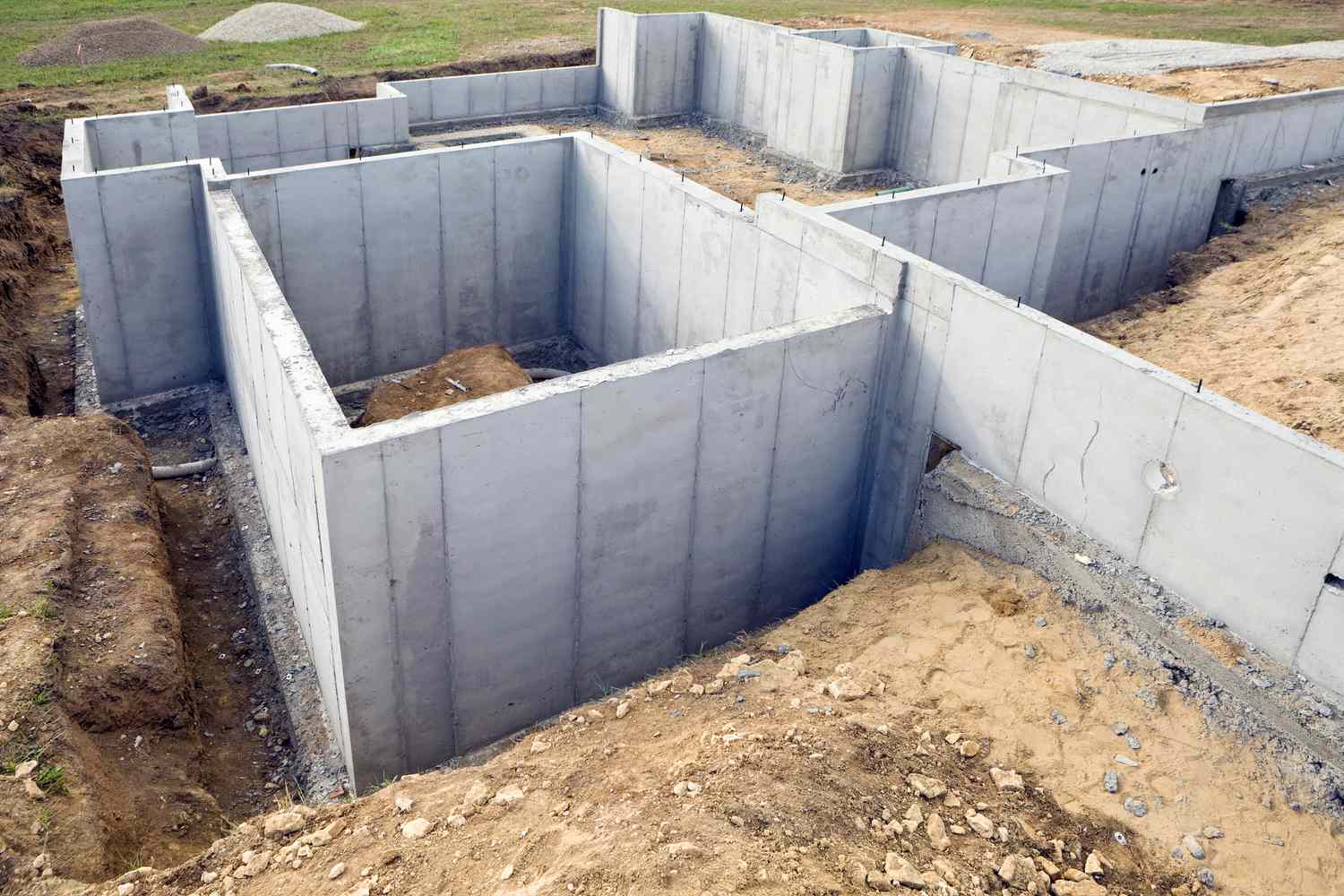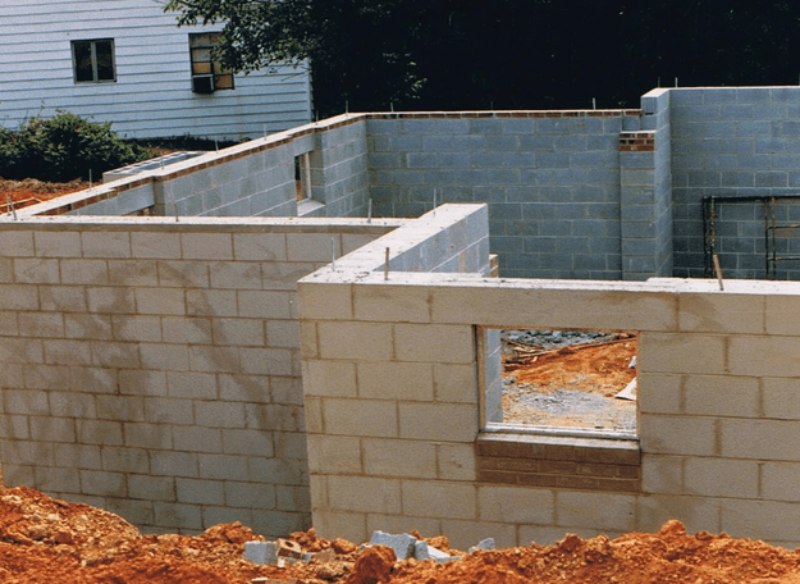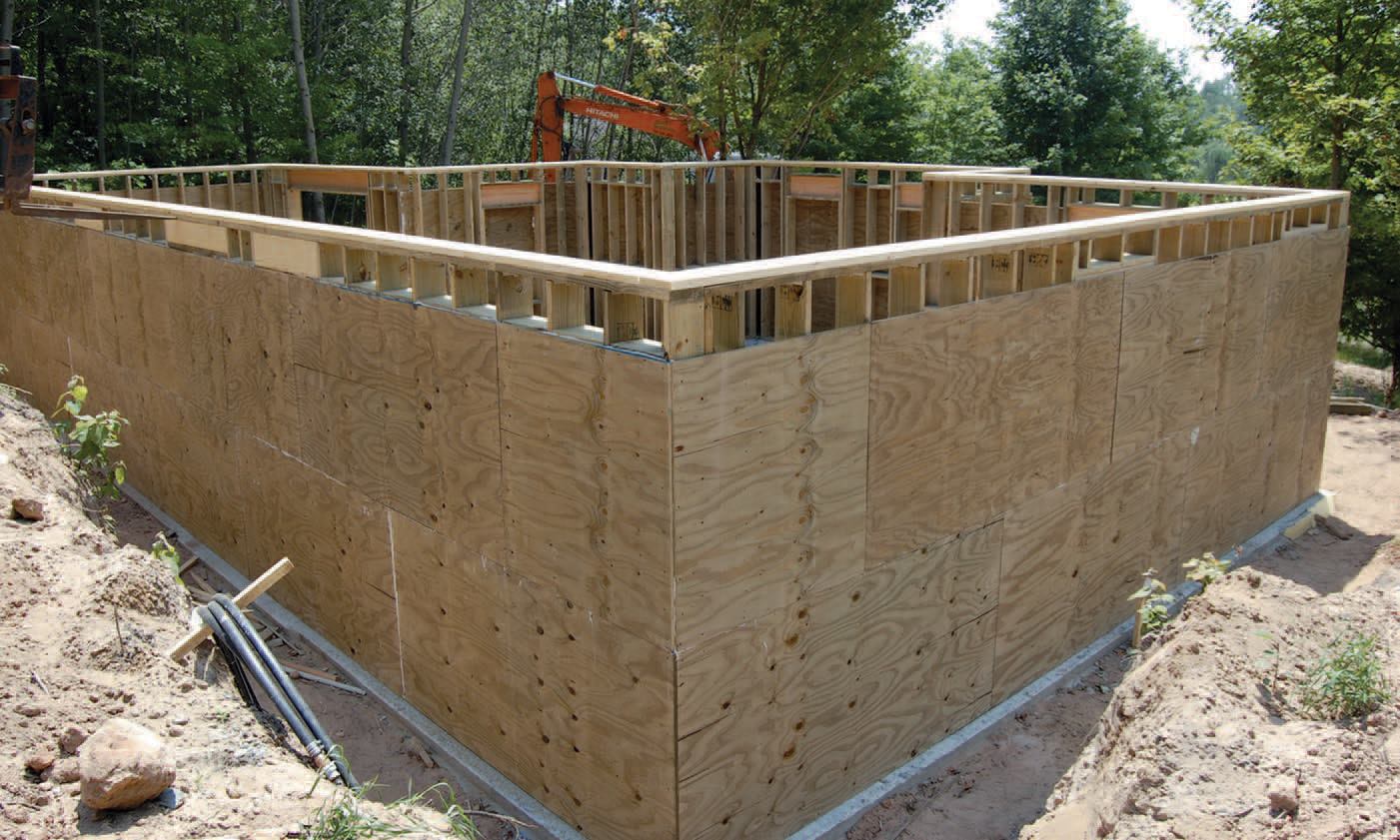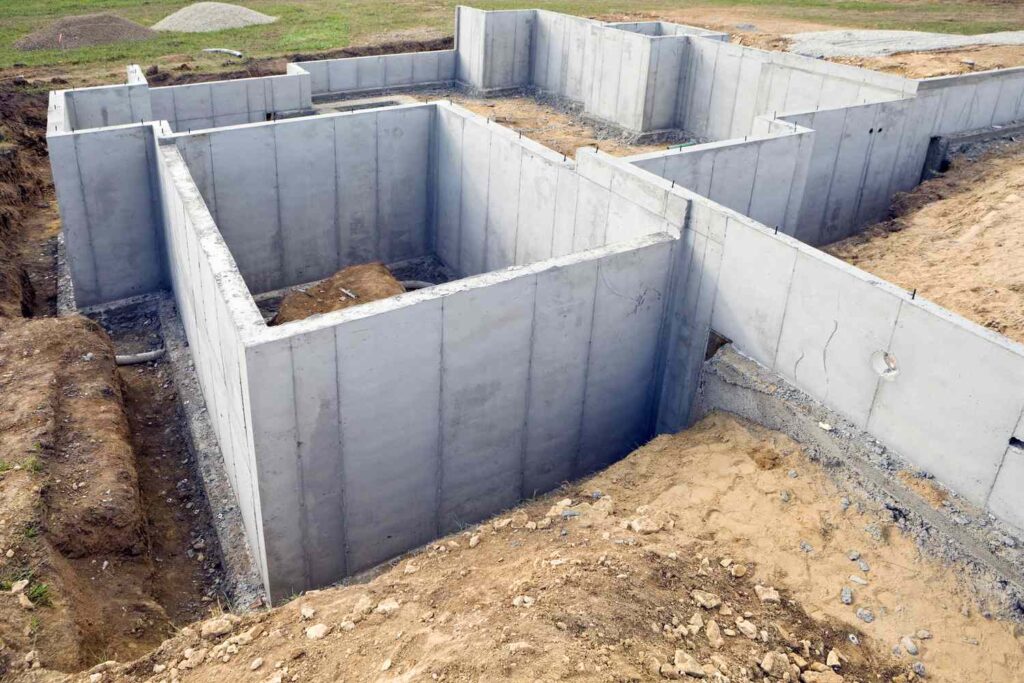
Poured Concrete
Foundations are the bedrock of any building. While there are various types of foundations, one of the most common and widely used is a poured concrete foundation. Poured concrete foundations are a popular choice for many reasons, but they also come with certain disadvantages. In this blog post, we’ll explore the advantages and disadvantages of a poured concrete foundation.
Advantages:
The main advantage of a poured concrete foundation is its strength and durability. Poured concrete is extremely strong and can withstand extreme weather conditions, such as high winds and heavy snowfall. It is also resistant to cracking, which is essential for a stable foundation. In addition, poured concrete foundations are cost–effective, as they require less labor and materials than other types of foundations. Lastly, poured concrete foundations are low–maintenance, since they don’t require frequent repairs or upkeep.
Disadvantages:
One of the main disadvantages of a poured concrete foundation is that it is time–consuming to install. It can take several days or even weeks to complete a poured concrete foundation, depending on the size of the project. In addition, poured concrete foundations are vulnerable to water damage, so it is important to ensure that the foundation is properly sealed and waterproofed. Lastly, poured concrete foundations are prone to cracking, which can be caused by soil expansion or contraction.
A poured concrete foundation is a popular and cost–effective option for many projects. While it has its advantages, such as strength and durability, it also comes with certain disadvantages, such as the time and effort it takes to install and its vulnerability to water damage. Ultimately, it is important to weigh the pros and cons of a poured concrete foundation before making a decision.

Block
Advantages:
The first advantage of a block foundation is that it is a very stable and strong foundation. Blocks are designed to support large amounts of weight, making them an ideal choice for a home’s foundation. A block foundation also has the advantage of being able to withstand extreme weather conditions, making it a great option for areas that experience frequent or severe weather.
Another advantage of a block foundation is that it is relatively easy to install. Blocks can be laid relatively quickly, and they don’t require any specialized equipment or tools. This makes them a great choice for DIYers who want to save some money on their foundation.
Disadvantages:
One of the downsides of a block foundation is that it can be more expensive than other foundation types. Blocks are generally more expensive than concrete, for example. Additionally, blocks require more maintenance than other foundation types, so you will need to factor in the cost of regular maintenance when considering a block foundation.
Another disadvantage of a block foundation is that it can be difficult to repair. If there is any damage to the foundation, it can be hard to access the blocks in order to make repairs. Additionally, if water gets into the foundation, it can cause blocks to deteriorate, making repairs even more difficult.
Overall, a block foundation is a great choice for many homes, but it’s important to consider the advantages and disadvantages to ensure it’s the right foundation for your home. With proper maintenance, a block foundation can provide stability and strength for many years to come.

Wood
Advantages:
One of the major advantages of using a wood foundation is its affordability. Wood is much cheaper than other materials, so it can be a great option for people who are on a budget. Additionally, it is easy to install and maintain. A wood foundation can also be used to support a variety of structures, such as a deck or a storage shed.
Disadvantages:
However, there are some disadvantages to using a wood foundation. One of the biggest drawbacks is its lack of durability. Wood is susceptible to moisture, rot, and insect damage, so it may not last as long as other materials. Additionally, wood foundations can be vulnerable to shifting and settling, which can lead to structural problems.
A wood foundation can be a great choice for those who are looking for an affordable, easy-to-install option. However, it is important to consider its potential drawbacks and make sure that the foundation is properly designed and maintained in order to avoid any potential problems.

